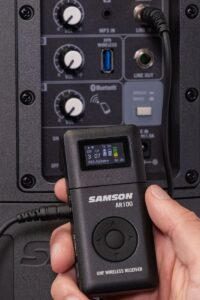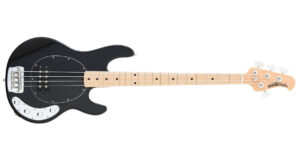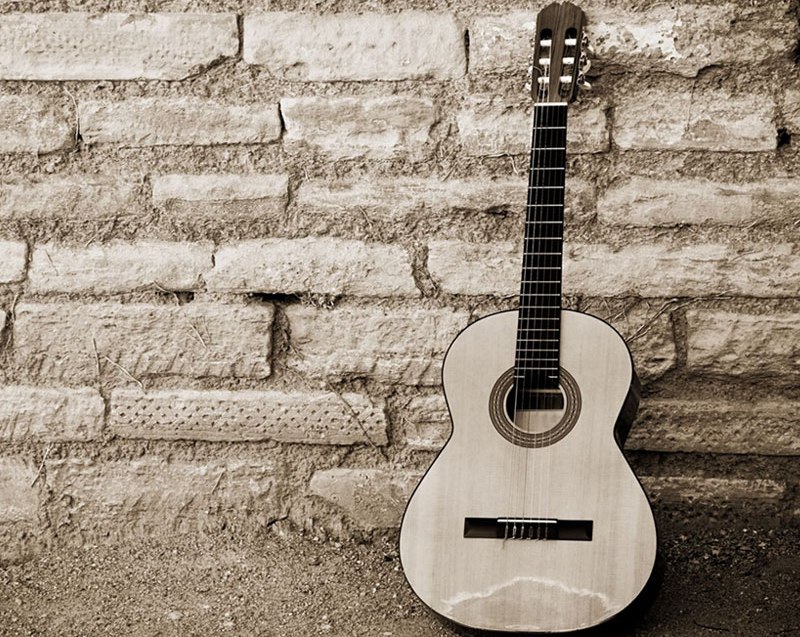We’ve all heard of the concept of perfect practice makes perfect. As musicians, skill is a by-product not just of passion and talent, but also the effort that goes into developing them. Here, we’ve put together a bunch of important ideas that will help you improve as musicians regardless of the instrument you play.
Consistency
Everyone’s noticed that when they don’t play an instrument, speak a language or play a game for long, they tend to get rusty. We all have a base level intellect and skill that takes little to no effort. Everything beyond that, comes with practice. The key here however, is the consistency in practice. It’s crucial to distribute your sessions and time in a way that allows you to visit your instrument constantly without losing connect. Practicing for 8 hours straight and then playing after a month would just bring you back to square one. Dedicating the smallest amount of time, but on a daily or weekly basis will ensure that you don’t stagnate.
Guides
If you’ve been playing an instrument for a while, you’ve probably dreaded the idea of the metronome. The analogy I use when explaining its necessity is that of a ruled notebook versus a plain one. Having lines to write between helps keep sentences structured and legible. It’s the same with having a guide to time. No matter what you play, having a strong control of time and incorporating it in your sessions will immensely improve the professionalism of your playing.
Approach
Probably the hardest thing to do when setting up a practice routine is knowing what to practice and how. This varies greatly not only from instrument to instrument, but experience and style too. What remains common is the idea of very focused repetition. Just playing songs or jamming is great, but it doesn’t count as practice. It’s essential to devote time to exercises, with intense focus for short bursts of time. A principle called Pomodoro is great for such sessions. Essentially, you break up your entire time into 25-minute sessions, with 5-minute breaks in between.
Listening
I can’t stress enough how crucial your senses are when it comes to improving. The most skilled of musicians all follow the principle of dividing their practice into 60% listening and 40% physically practicing. Analyzing music, opening up to more and more kinds of music and training your ears and mind to comprehend the layers that go into its making, will do wonders to your actual practice, making it more effective and efficient.
Recording
Maintaining objectivity is always difficult when trying to measure one’s performance. While playing and listening to yourself at the same time, it’s extremely difficult to pick up minute flaws accurately. So, it’s crucial to constantly record and listen to yourself during sessions and keep track of noticeable flaws or areas for improvement.
Practice sessions can be the most enlightening experiences of self-discovery and reflection. Keeping these thoughts in mind have helped me immensely, and we hope these takeaways can do the same for you.








